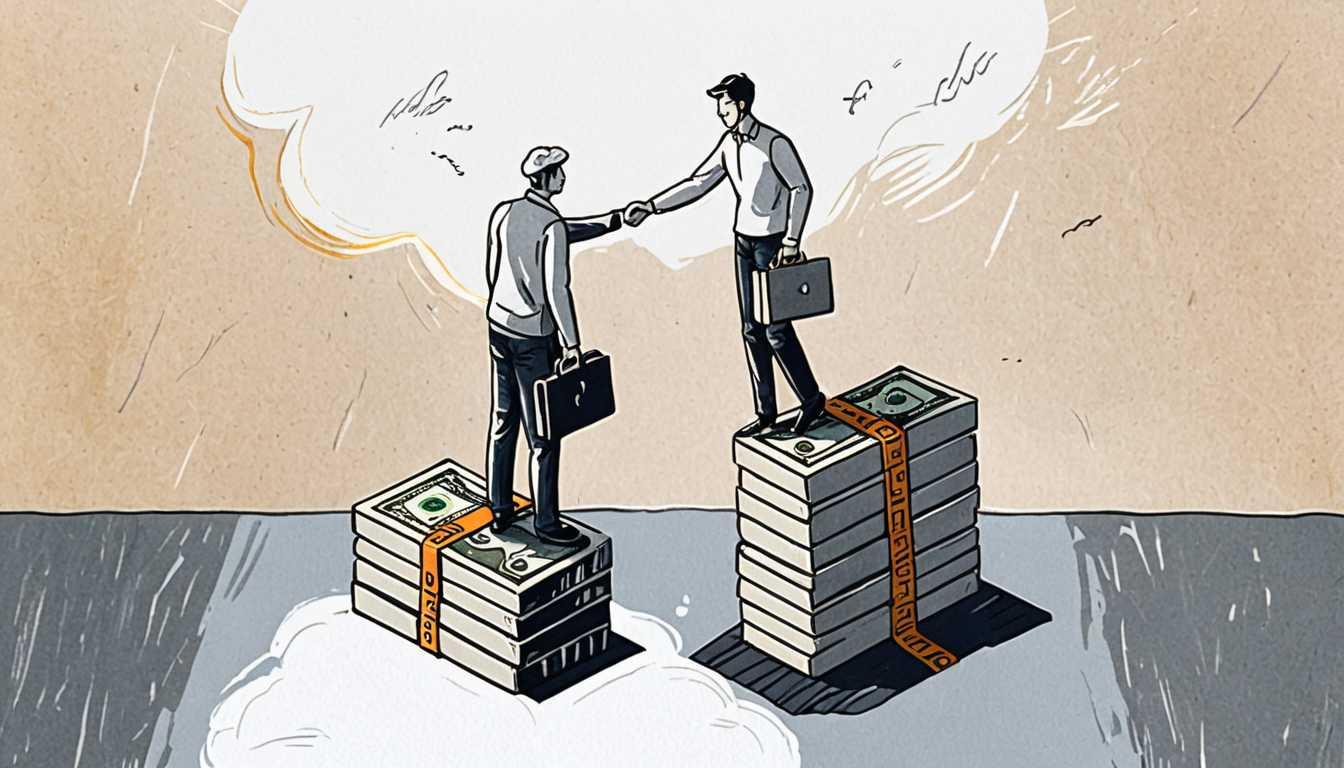Lies That Benefit Society?
July 2023
Cornell University
Introduction
Diving into the quirky world of resume padding, Cornell researchers uncover a silver lining. Ever stretched the truth on your CV? While it might seem like a fast track to the naughty list, this study suggests a sprinkle of fibs could actually dial down society's education fever, making us rethink the real value of a diploma. Peek into this thought-provoking analysis from Cornell's finest, and discover how a little exaggeration could lead to a lot of good. Who knew bending the truth could straighten out bigger issues?
READ FULL ARTICLEWhy It Matters
Discover how this topic shapes your world and future
Navigating the Nuances of Resume Padding
Have you ever stretched the truth a bit on your resume, or know someone who has? It's a common practice, but the implications are vast and varied. At the heart of this debate is the concept of "self-reported signaling" – essentially, how we present ourselves, truthfully or otherwise, in hopes of gaining an advantage, like landing a dream job. But here's the twist: while fibbing on your resume might seem like a personal gain or loss scenario, researchers from Cornell suggest it could have broader implications for society as a whole. They argue that a little resume padding might actually discourage overinvestment in education and extracurricular activities, potentially leading to a more balanced and fair playing field for everyone. Fascinating, right? This topic isn't just about honesty on a resume; it's about understanding the intricate dance between individual actions and societal outcomes. It's about questioning whether something traditionally seen as negative could, in certain lights, contribute positively to the bigger picture. For you, it's a chance to dive deep into the complexities of ethics, economics, and education, and how they intertwine in our daily lives and decisions.
Speak like a Scholar
Self-reported Signaling
The act of conveying information about oneself that may not be verifiable, often used in contexts like resumes where the truthfulness of the claims can be uncertain.
Economic Modeling
A theoretical construct that represents economic processes by a set of variables and a set of logical and/or quantitative relationships between them.
Social Welfare
The overall well-being and quality of life of a community or society, often considered in economic studies as an indicator of the efficiency of economic policies or conditions.
Overinvestment
When more resources (like time and money) are spent on an activity or asset than is considered optimal from an economic or social perspective.
Human Capital
The skills, knowledge, and experience possessed by an individual, viewed in terms of their value or cost to an organization or country.
Signaling Distortion
A phenomenon where the signals (like education level) intended to convey information about an individual's abilities or qualities do not accurately reflect reality, leading to inefficiencies or misallocations in a market or society.
Independent Research Ideas
The Psychology of Dishonesty
Explore the psychological factors that lead individuals to pad their resumes. What does this tell us about human nature and the pressures of societal expectations?
Economic Impact of Resume Padding
Investigate how widespread resume padding might affect the job market and economic fairness. Could there be a tipping point where the practice does more harm than good?
Education Inflation and Its Alternatives
Examine the phenomenon of education inflation, where higher degrees become the norm for entry-level jobs, and propose alternative ways to demonstrate skills and competencies.
Cultural Variations in Self-Reporting
Study how different cultures view resume padding and self-reporting. What does this say about universal ethics versus cultural norms?
The Role of Technology in Verifying Credentials
With the rise of blockchain and other technologies, explore how future job applications might be verified automatically, reducing the incentive for resume padding.
Related Articles

Minimum Wage Myths Unraveled
March 2023
UC Berkeley

Where Leaders Are Made: University Impact
February 2024
London School of Economics (LSE)

Navigating Multinationals and Civil Society Interactions
November 2024
LSE Business Review

Salary Secrets: Choosing the Right Partner
October 2024
Cornell News Highlights

Exit Stage Left: The High Performer Domino
March 2024
London School of Economics (LSE)